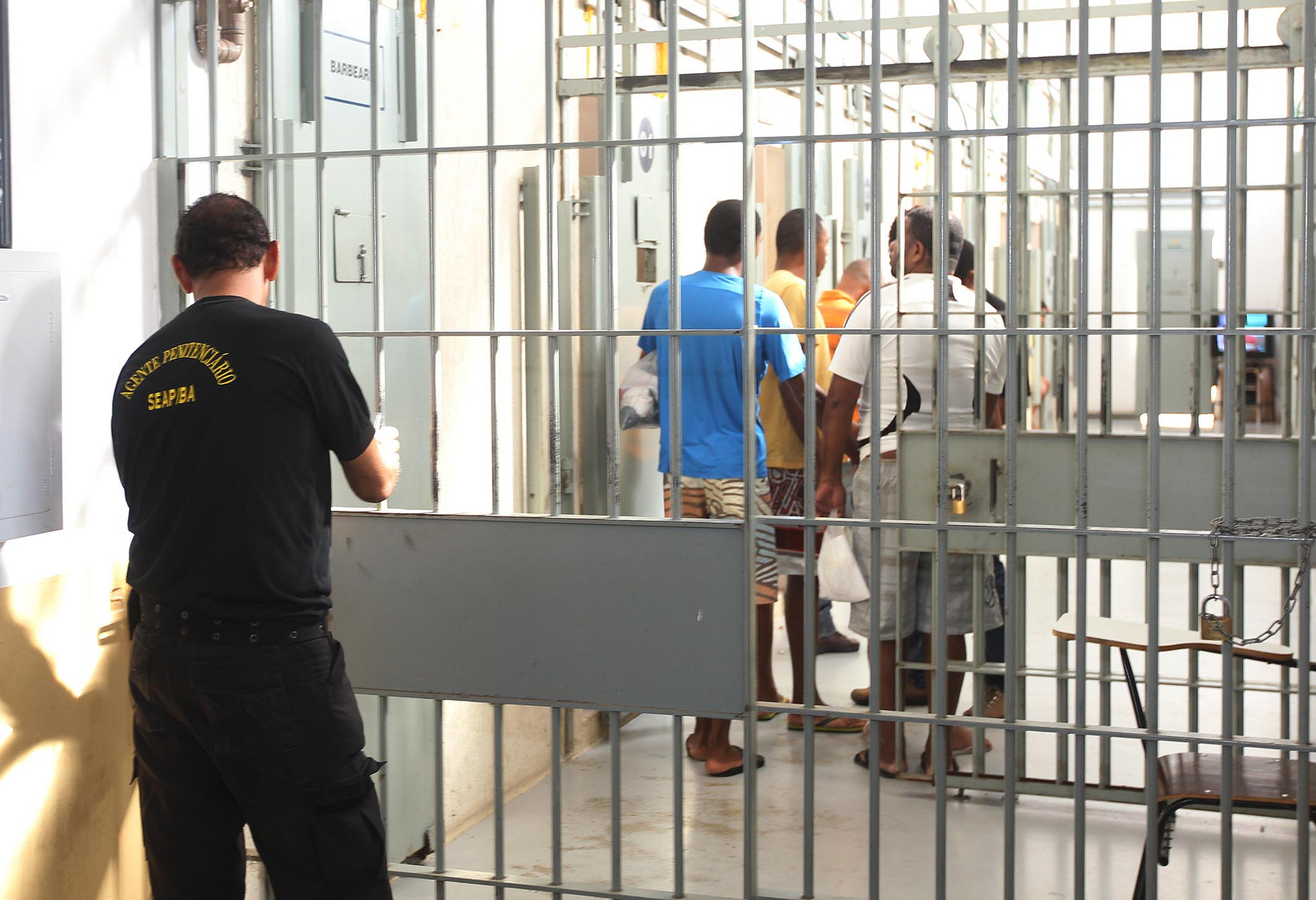Correcting injustices
 Prisoners, in the absence of an appropriate prison place, should serve a more beneficial sentence
Prisoners, in the absence of an appropriate prison place, should serve a more beneficial sentence
Updated on 03/12 at 4.19 pm – Before being put up for vote, Justice Luís Roberto Barroso formally requested an adjournment and the discussion was postponed. No new date was scheduled.
The Supreme Court will hear this Thursday, March 12, the Binding Precedent 57 (PSV57) that addresses the topic of prison sentence progression. The bill proposes that, in the absence of an appropriate prison place, offenders may serve a more beneficial sentence.
In other words, if there are no places available for an offender who has been sentenced to prison in a semi-open facility, they may serve their time in an open facility. Similarly, offenders who have been sentenced to a closed prison may, in the absence of places, be sent to a semi-open facility.
“The constitutional principal of the individualization of sentences requires that this sentence be served by the prisoner under the most beneficial terms, whether in an open prison or under house arrest, should a vacancy in the appropriate facility not be available,” reads the bill proposed by the Federal Public Defender’s Office.
Currently, however, under the allegation of deficiencies in the prison system, thousands of people end up having their rights disrespected and spend time in higher-security prisons than their sentences warrant.
“Nothing justifies that a prisoner who has the right to progress to a less severe sentence is prevented from doing so on account of complete ineptitude by the State. PSV 57 will correct the illegal situation in which many prisoners find themselves today. We hope that the bill will be approved in full,” said Marcos Fuchs, director of Conectas.
Several Supreme Court justices have, in the past, ruled in favor of the idea of sentence progression, on the understanding that the debate should take place in the political rather than the administrative field.
After being proposed in 2011, PSV 57 was endorsed by civil society organizations such as Conectas, the Brazilian Criminal Sciences Institute (IBCCRIM), the Defense of the Right to a Defense Institute (IDDD), the Defenders of Human Rights Institute (DDH), the Sou da Paz Institute and Justiça Global.
A Binding Precedent is a mechanism that determines that all the courts in the country follow the understanding adopted by the Supreme Court on a given topic. Established in 2004, it has the force of law and may not be overruled.
Click here to read the article on the topic by Marcos Fuchs on the website Jota
Click here to read the endorsement sent to the president of the Supreme Court
Watch the oral statement given by Marcos Fuchs, associate director of Conectas, in the Supreme Court:


